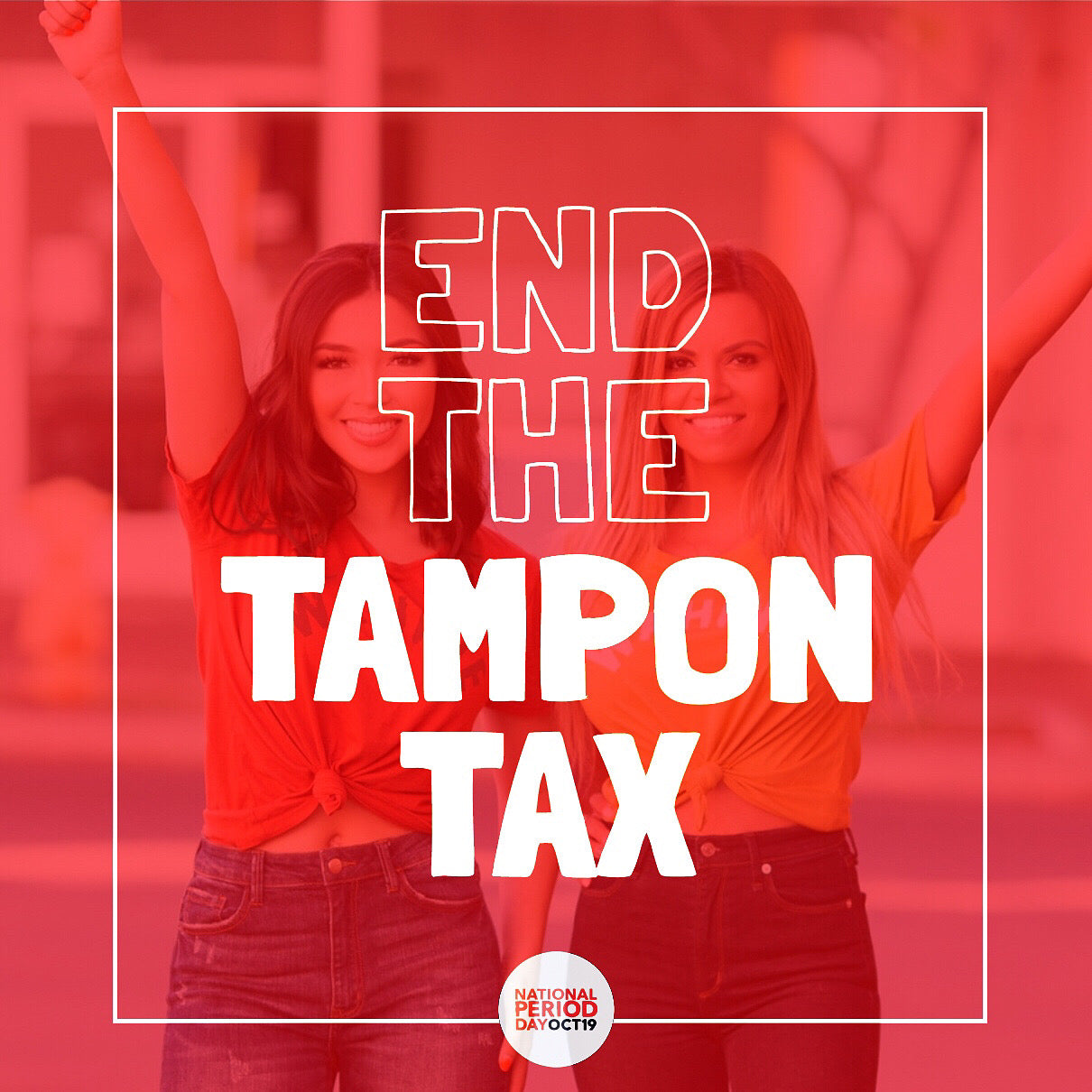Your Cart is Empty
FREE U.S. SHIPPING ON ORDERS $50+
FREE U.S. SHIPPING ON ORDERS $50+
Best Sellers
Best Sellers. Our amazing customers LOVE these items, so much so that they sell out quick!
Black Friday Sale. Happening NOW!Enjoy 30% OFF qualifying items with code BFCM2025.
Best Sellers. Our amazing customers LOVE these items, so much so that they sell out quick!
Black Friday Sale. Happening NOW!Enjoy 30% OFF qualifying items with code BFCM2025.
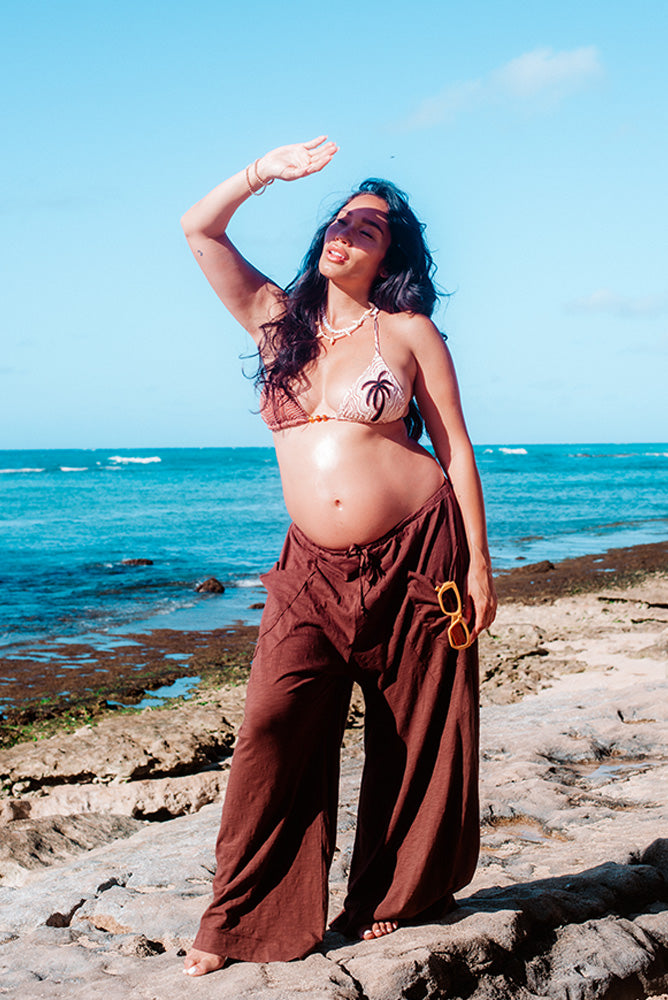
Pant Luca

Lola Sets
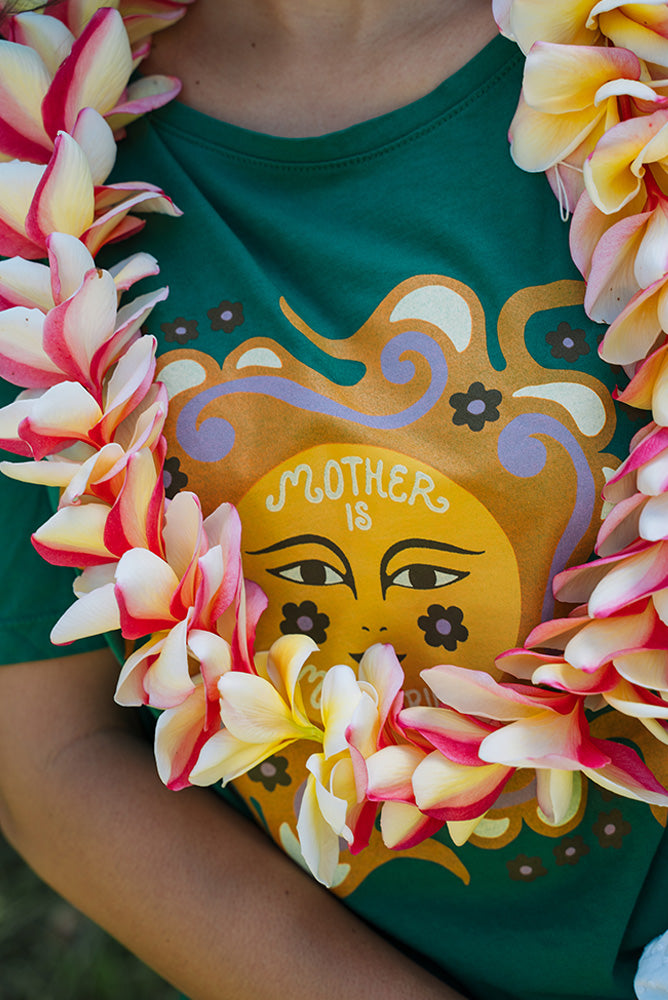
Graphic Tees
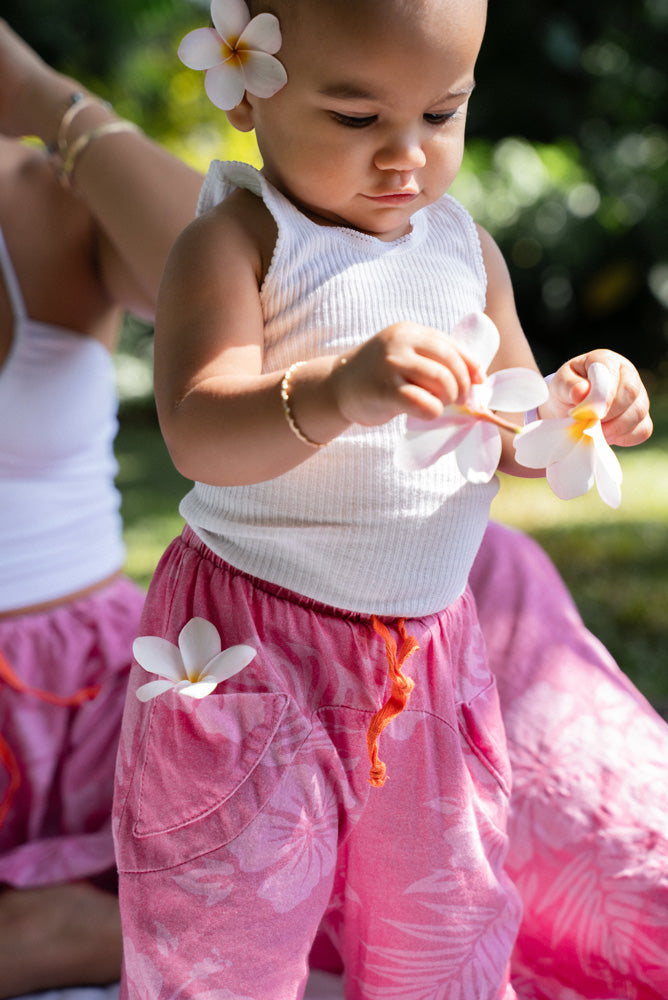
Kids
Dolkii Everyday
15% Off When You Purchase Two Or More!
Closet essentials you can live in all year long. The Dolkii Everyday Collection features our core, classic styles that customers have grown to love. From the softest, high-quality cotton fabrics, to the comfiest silhouettes, these are staples you will reach for on the daily.
15% Off When You Purchase Two Or More!
Closet essentials you can live in all year long. The Dolkii Everyday Collection features our core, classic styles that customers have grown to love. From the softest, high-quality cotton fabrics, to the comfiest silhouettes, these are staples you will reach for on the daily.

Dolkii Everyday Lucas

Dolkii Everyday Lolas

Dolkii Everyday Active Tops

PERIOD. The National Menstrual Movement Is Coming To Hawai'i.
October 05, 2019 3 min read
Founded by powerhouse Nayda Okamoto in 2014, the Period Movement was created to address the serious issue around period poverty.
While being homeless during her youth, Nayda would talk with other homeless women about how they became homeless and the biggest struggles they face being homeless. She found that a very common struggle these women faced: access to basic menstrual hygiene.
Today, The Period Movement is the largest youth-run non profit that focuses on women's health.
On Saturday October 19, 2019, declared #NationalPeriodDay, millions will rally across the nation in support of the Period Movement -- elevating the issue of period poverty and demanding real change to making period products more accessible for all and ending the #TamponTax.
Meet The Women Leading The Hawai'i Period Movement
Hawai'i will rally with the rest of the country on October 19th, and our movement is lead by three amazing women: Courtney Coleman, Sofia Aguirre and Cate Hoku. I had the pleasure of catching up with these young leaders for a brief interview about The Period Movement, what it means to them and how the community can get involved!
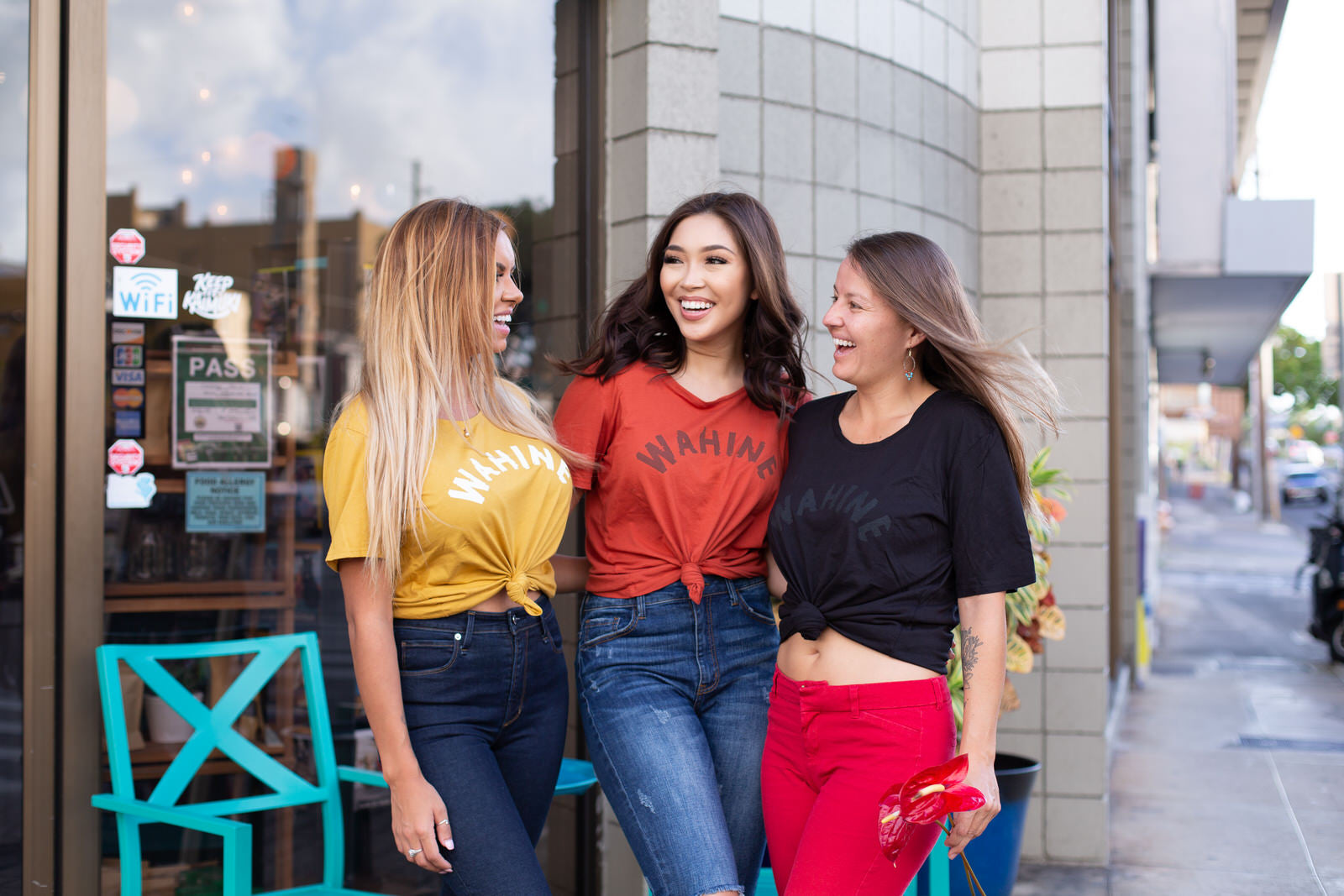
DOLKII:I'd love to learn about how you got involved in the Period Movement and how you became the leader of this movement for the Hawai'i chapter?
COURTNEY:Well, I have about one year left until I start applying to medical school, and knew that I've always just wanted to become more involved in something for the greater good of women. I have so many amazing female role models in my life, so to be able to get involved in something that gives back to women of Hawai'i has always been a goal of mine. A few months ago, I got a direct message on Instagram from the Period organization regarding the October 19th rally and (after connecting with them further and speaking on the phone with their team) I thought this is it! This is how I can get involved and be a part of a movement to help women all over the world. This is such an important issue for me as it should be for all women regardless of whether or not you menstruate. Access to basic feminine needs like pads and tampons is something that unfortunately is unattainable by many women.
In the first city-wide study on period poverty, it was found that 46% of low-income women had to choose between a meal and period products.
DOLKII: What is the Period movement's main call to action and how can participants affect change?
CATE: #NationalPeriodDay which will be October 19th, is elevating the issue of period poverty by demanding real change to making period products more accessible for all women. First and foremost this rally stands for an ending the #TamponTax aka The Pink Tax. This movement also encourages us to speak freely about our periods. There's such a stigma around menstruating that so many women and girls are afraid to address it. Because of this taboo, we often overlook the fact that this is a huge issue among low income and homeless individuals. The Period Movement stands to address all of this.
DOLKII: The rally, is this just for women?
SOFIA: Absolutely not. EVERYONE is welcome. This is an inclusive rally, and if you support gender equality, we encourage you to come! Our team will be marching in the 2019 Honolulu Pride™ Parade right after the rally. Don't forget to WEAR RED!
The Period Movement Is Coming To Honolulu

According to Period.Org, it's 2019, and yet, 35 US States still have a sales tax on period products considering them non-essential items.
And, according to Fortune.com, a number of countries around the world have already stopped taxing menstrual products because of the unfair financial burden it puts on women. Kenya led the way in 2004, followed by countries like Canada, Malaysia, India, and Australia. Absent from this list? The U.S.
Honolulu National Period Day Rally Details
Date: Saturday October 19, 2019
Time: 9:00 am
Location: Magic Island, Ala Moana Beach Park
Following the rally, join us as we march in the 2019 Honolulu Pride™ Parade. This is an inclusive rally! Whether you menstruate or not, EVERYONE is welcome. Bring all your family and friends! Bring posters! WEAR RED ❤️!
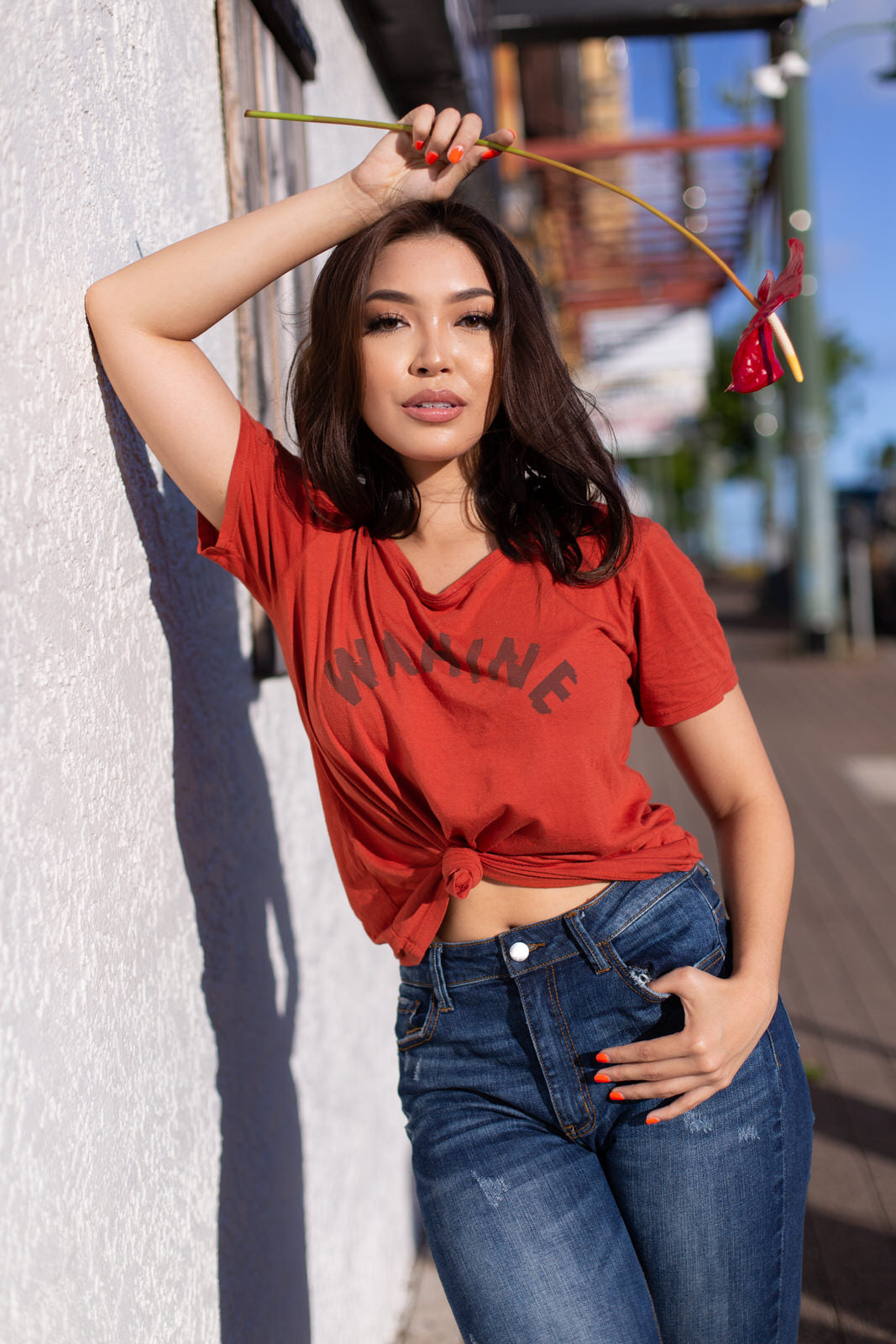
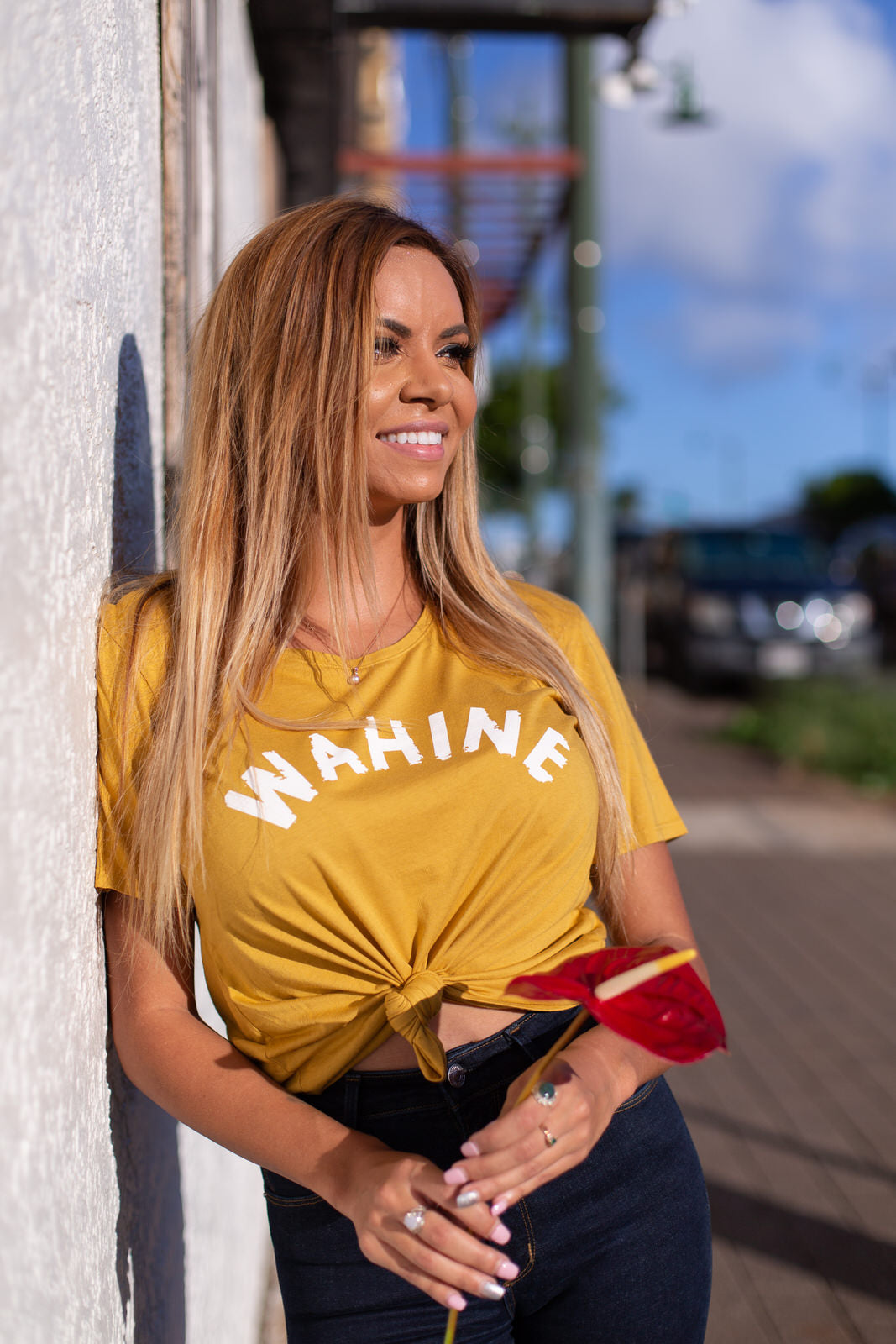
For more information on the Honolulu rally, visit their Facebook page or email the local organization at
nationalperioddayhawaii@gmail.com.
To learn more about this movement, visit PERIOD.ORG.
A huge mahalo to Nikki Takata for capturing all images in this blog post.

Leave a comment
Comments will be approved before showing up.




